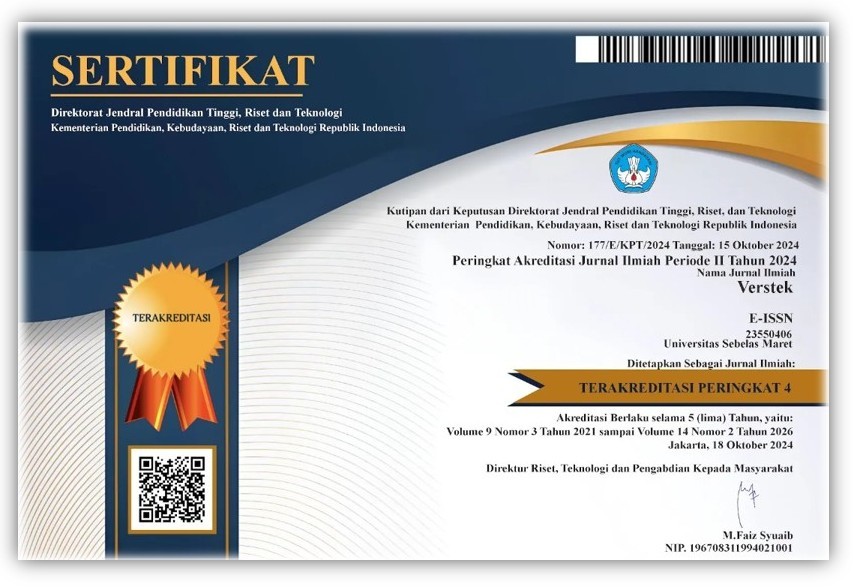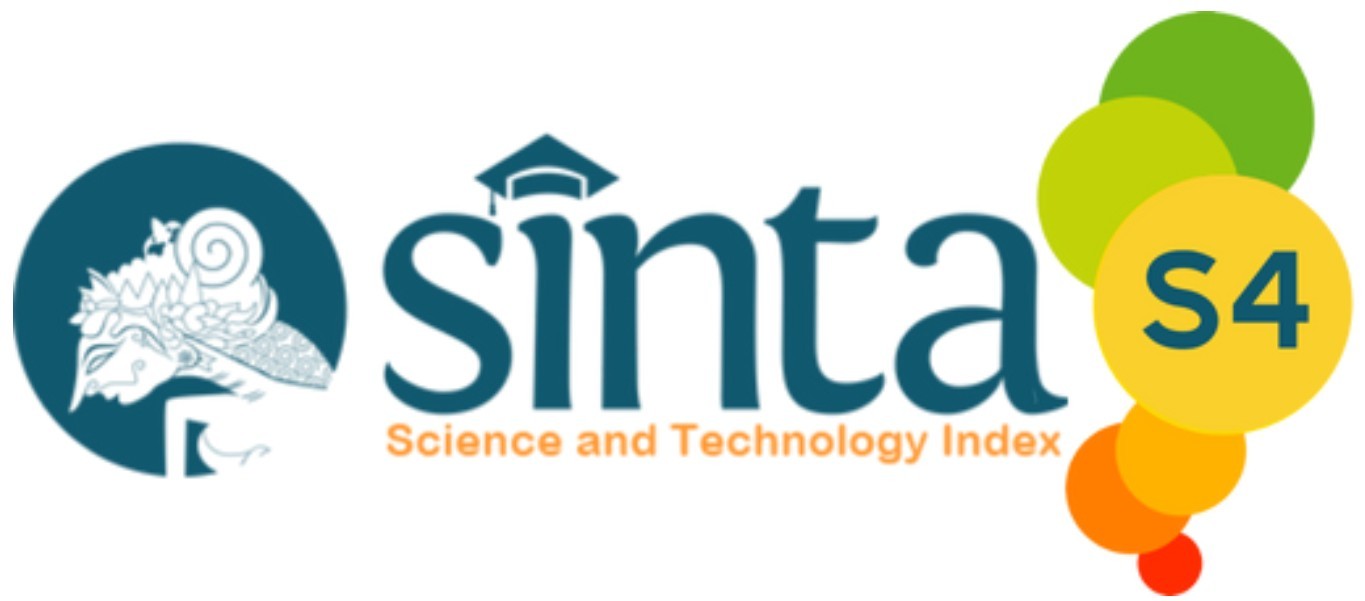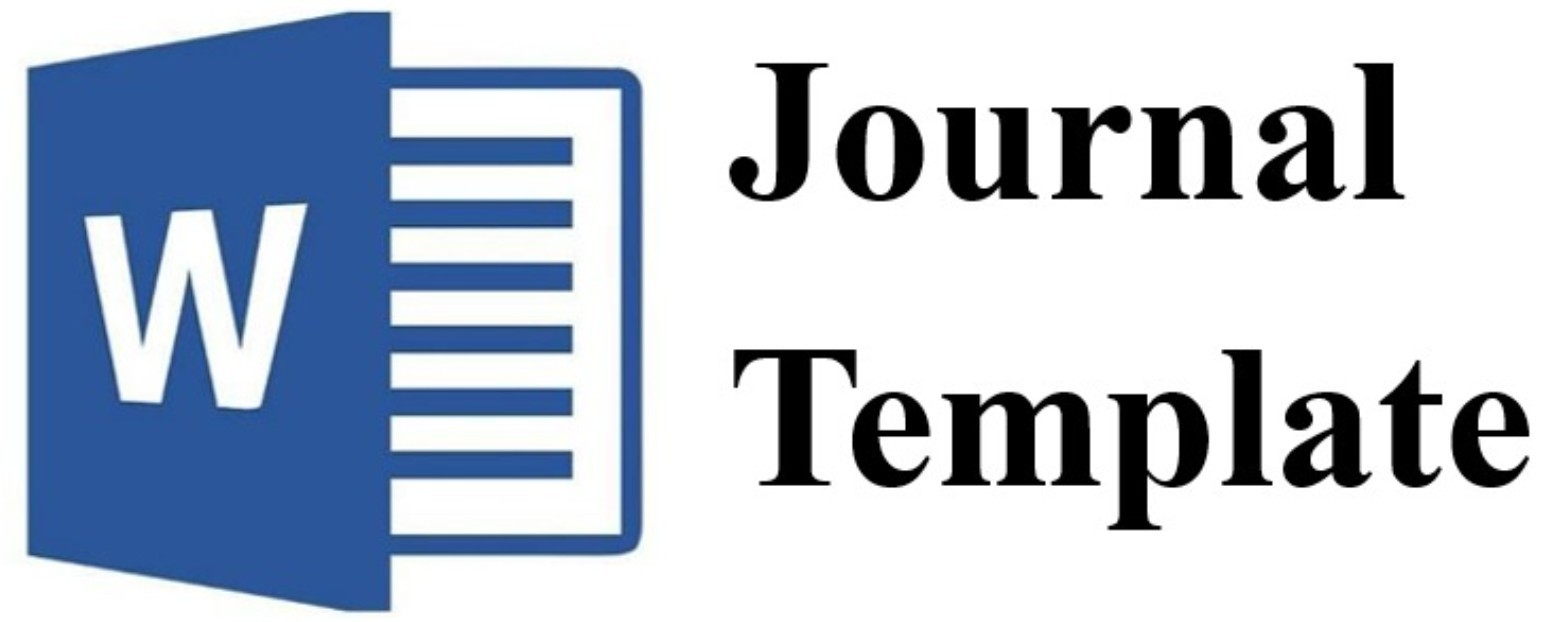SANKSI PIDANA ANAK TERHADAP PENYALAHGUNAAN NAPZA DIKAJI DARI LEGAL JUSTICE
Abstract
Narcotics are drugs used for the medical world for patients who have certain diseases. Of course, with the rules of use according to the instructions of the doctor concerned. However, the problem of drug abuse has become a national and international problem. Narcotics abuse can cause physical, mental, psychological, emotional and attitudinal damage in society. Children who are involved in drugs must get protection both psychologically and legally to avoid psychological disorders that may occur in children and preventive measures of stigmatization of children in conflict with the law and it is hoped that children can return to the social environment in society. The purpose of the research is an objective objective, namely to determine the suitability of the judge's assessment of the evidence in decision number 001/pid.sus-anak/2021/pn skt with the provisions of the Criminal Procedure Code and Law Number 35 of 2009 concerning Narcotics. Meanwhile, the subjective goal is to add, broaden the author's horizons and abilities in studying problems in the field of Criminal Procedure Law. The benefits of research consist of theoretical benefits and practical benefits. The theoretical benefits of the research results can be used to explore the theories that have been obtained by the author in writing legal writing. And the practical benefit is that it can provide benefits and additional knowledge for various parties in need, especially in community groups and in general and parties related to the subject matter.
Keywords: Sanctions, Child Crime, Narcotics, Legal Justice
Full Text:
PDFReferences
Dadang Hawari, 1991. Penyalahgunaan Narkotika Dan Zat Adiktif . Jakarta: FKUI
Guntarto Widodo. Sistem Pemidanaan Anak Sebagai Pelaku Tindak Pidana Perspektif UNDANG- UNDANG NOMOR 11 TAHUN 2012 Tentang Sistem Peradilan Anak. Jurnal Surya Kencana Dua: Dinamika Masalah Hukum dan Keadilan Vol. 6 No.1, 2016
Kitab Undang-Undang Hukum Acara Pidana (KUHAP)
Makarao. Moh Taufik. Dkk. 2007 Tindak Pidana Narkotika, Jakarta: Ghalia Indonesia.
Marzuki Mahmud Piter. 2014. Penelitian Hukum. Jakarta: Prenadamedia Group.
Meilisa Bangun. “Pembuktian Tindak Pidana Kekerasan Dalam Rumah Tangga Kaitannya Dengan Visum Et Repertum”. Jurnal Mahupiki. Volume 1, Nomor 1, 2013.
Noeke Sri Wardhani. “Penerapan Pidana Alternatif Bagi Anak Pelaku Tindak Pidana di Pengadilan Negeri Bengkulu”. Jurnal Kriminologi Indonesia. Volume 5, Nomor 2, 2009.
Nur Hidayati. “Peradilan Pidana Anak dengan Pendekatan Keadilan Restoratif dan Kepentingan Terbaik bagi Anak”. Ragam Jurnal Pengembangaan Humaniora. Volume 13, Nomor 2,2013.
Pramukti, Angger. Sigit., & Fuady Primaharsya. (2015). Sistem Peradilan Pidana Anak. Jakarta: Pustaka Yustisia.
Putusan Nomor 001/Pid.Sus-Anak/2021/Pn Skt
Roy Arta Putera R. Kajian Paradigmatik Perbedaan dan Persamaan Hukum Acara Pada Kuhap dan Undang-Undang Sistem Peradilan Anak. Jurnal Verstek Vol. 9 No. 1, 2021
Sarwirini. “Kenakalan Anak (Juvenile Deliquency): Kausalitas Dan Upaya Penanggulangannya”. Jurnal Perspektif. Volume 16, Nomor 4,2011.
Sri Sutatiek. 2013. Rekonstruksi Sistem Sanksi Dalam Hukum Pidana Anak di Indonesia.Yogyakarta: Aswaja Pressindo
Supramono, Gatot. 2000. Hukum Acara Pengadilan Anak. Jakarta: Djambatan.
Undang-Undang Nomor 11 Tahun 2012 tentang Sistem Peradilan Pidana Anak
Undang-Undang Nomor 35 tahun 2009 tentang Narkotika
Yoris Faqurais. Efek Buruk Hukuman Penjara Pada Anak (Studi Kasus di Lembaga Pemasyarakatan Khusus Anak Kelas II Bandar Lampung). Nusantara: Jurnal Ilmu Pengetahuan Sosial. Vol 8 No 2 Tahun 2021.
Refbacks
- There are currently no refbacks.











